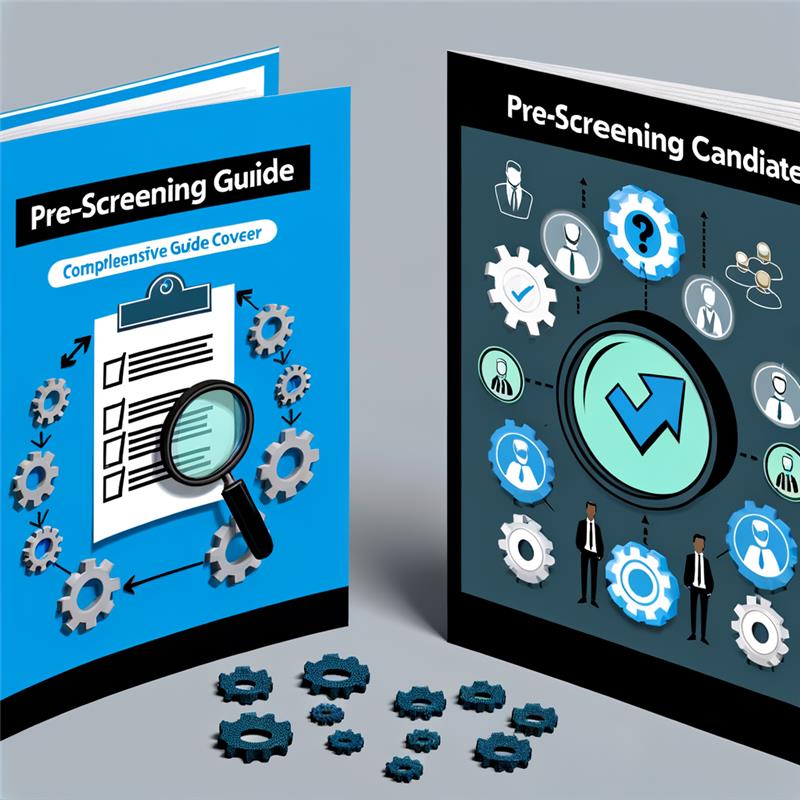A well-organized interview process sets the foundation for hiring the best talent. It reflects your company’s professionalism and ensures candidates have a positive experience. Here’s why it matters:
- Helps identify the right skills and cultural fit.
- Minimizes hiring time and cost.
- Enhances employer branding through candidate satisfaction.
Steps to Prepare for an Effective Interview Process
1. Define the Job Role Clearly
- Write a detailed job description specifying qualifications, skills, and responsibilities.
- Use structured templates to maintain clarity and consistency.
2. Shortlist Candidates Strategically
- Use ATS (Applicant Tracking Systems) to streamline resume screening.
- Focus on candidates who meet essential qualifications and align with company culture.
3. Design Structured Interview Questions
- Prepare questions tailored to the role to evaluate both technical and soft skills.
- Incorporate competency-based and situational questions for in-depth insights.
Read More: Benefits of Structured Interviews
4. Train Your Interview Panel
- Conduct training sessions on unbiased interviewing techniques.
- Assign roles like lead interviewer, observer, and note-taker.
Best Practices During the Interview
1. Start with a Warm Welcome
- Create a comfortable environment by introducing the panel and outlining the agenda.
2. Use Behavioral Interviewing Techniques
- Ask candidates to provide examples of past experiences.
- Example: “Describe a time you solved a major challenge at work.”
Read More: Behavioral Interview Questions
3. Maintain Consistency Across Interviews
- Ensure all candidates are asked similar questions to maintain fairness.
- Use rating scales to objectively evaluate responses.
4. Take Detailed Notes
- Document key points from the candidate’s responses.
- Avoid relying solely on memory, as it may introduce biases.
Post-Interview Follow-Up Tips
1. Evaluate Candidates Promptly
- Gather the interview panel to discuss and compare notes.
- Use scoring systems for an unbiased selection process.
2. Provide Feedback to Candidates
- Offer constructive feedback to all candidates, especially unsuccessful ones.
- Maintain professionalism to leave a positive impression.
3. Onboard the Selected Candidate Efficiently
- Share onboarding schedules and essential documents promptly.
- Provide a smooth transition into the organization.
Read More: Post Interview Follow-Up Tips
Common Pitfalls to Avoid in the Interview Process
1. Lack of Preparation: Avoid going into interviews without a structured plan.
2. Bias and Assumptions: Focus on facts and qualifications rather than personal biases.
3. Poor Communication with Candidates: Ensure timely updates about interview outcomes.
Read More: Common Talent Sourcing Mistakes And How To Avoid Them
Leveraging AI Tools for Better Interviews
Modern AI-powered recruitment tools streamline the hiring process. Key benefits include:
- Automated resume screening to save time.
- AI-based behavioral analysis during interviews.
- Data-driven decision-making for improved hiring accuracy.
Learn More: Interview Automation Tool






